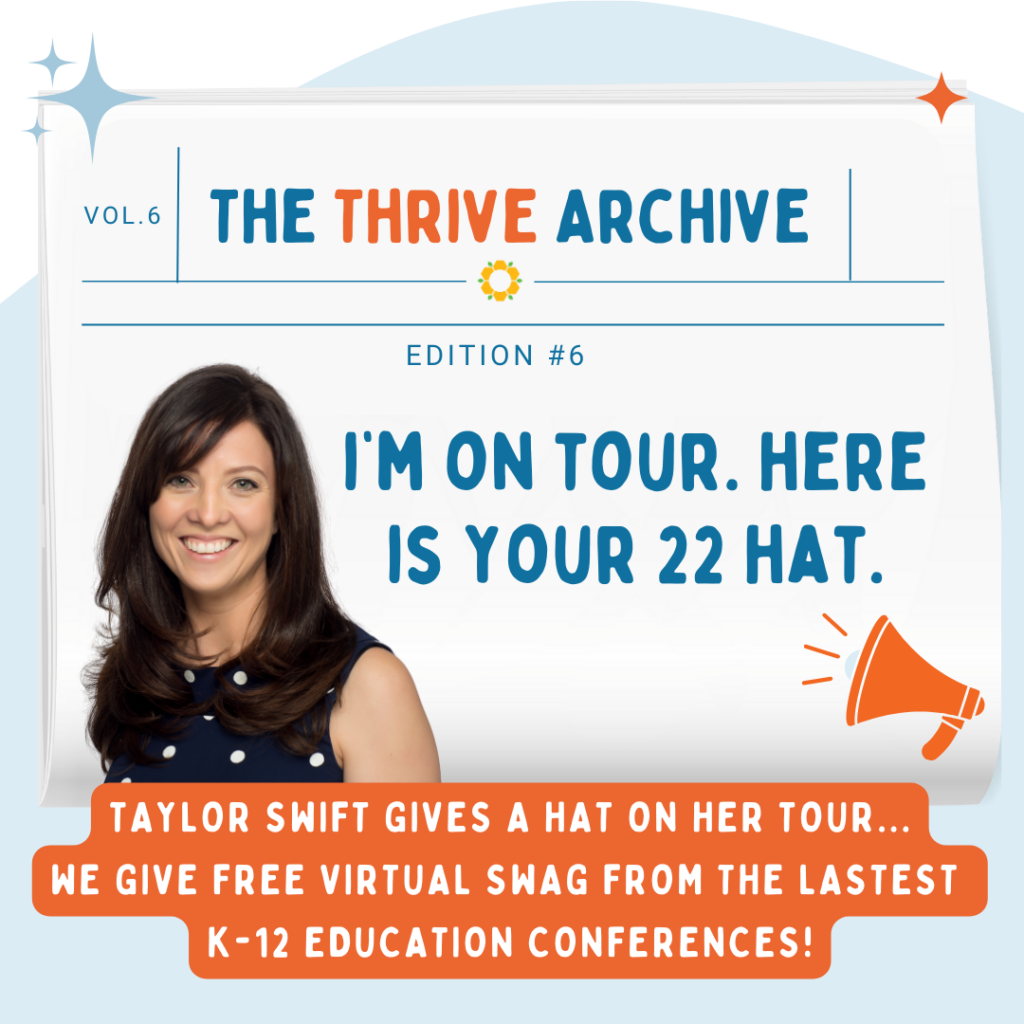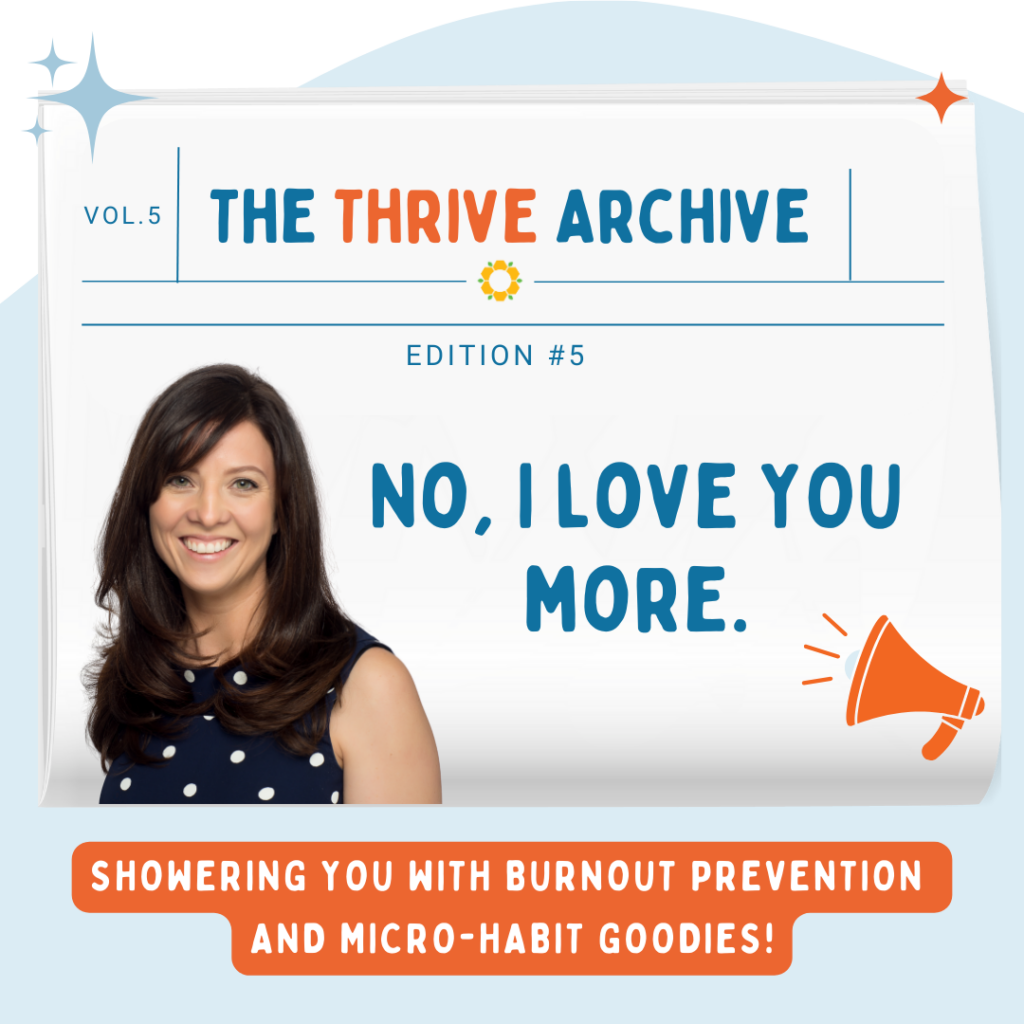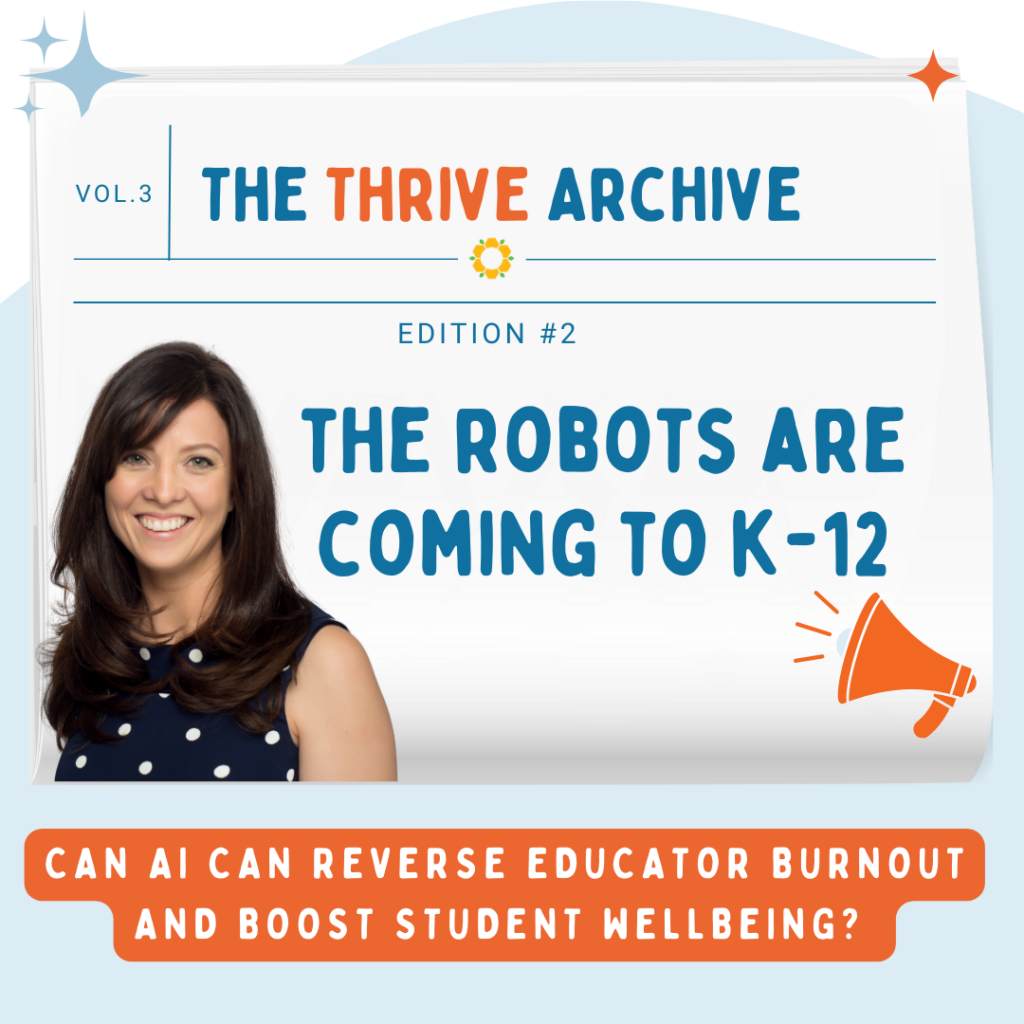- For School Psychologists

On #blackouttuesday, I went silent on social media and posted a black square on all my channels. I wanted to amplify Black voices and show solidarity. I listened. I learned. And I reflected on my role in anti-racism as a mom, a school psychologist, and an online voice for school psychologists. A few days later, my town had a Black Lives Matter protest and I was inspired by the turnout and strong voices for change.

But now what?
Awareness on #blackouttuesday, speaking out, and protests are only the first steps. We also need action.
We need CONTINUED action, when #blacklivesmatter is no longer trending on social media.
As educators, we hold the key to the next generation, and we can do better. We can teach acceptance, perspective taking, empathy, and make sure our Black students and students of color have equal access and equal voices.
We can have much needed courageous conversations and be emotional allies for each other.
As school psychologists, it’s imperative that we hold space for our Black students, give them voices, and hold ourselves as professionals accountable to reflect, learn, and go DEEPER ourselves.
With All That Is Going On In The World, it can seem overwhelming and hard to know where to start.
Over the past few weeks, members of the Thriving School Psychologist (TSP) Collective online course and community have been crowd sourcing resources and meeting online to discuss next steps. On our last Zoom call (nope, we’re not over-zoomed here at the TSP!) we joined together and started strategizing ways we could engage in continuous improvement cycles for SEL and social justice. Here’s what we curated to share with the larger school psychology community:
3 Ways School Psychologists Can Take Action to Fight Racism
1) Educate Yourself on Social Justice and Lift up Expert Voices on Issues of Equity and Diversity.
Advancing social justice is a National Association of School Psychologists (NASP) strategic goal and an ethical principle for school psychologists. Here at the TSP, we stand with NASP in this mission and their recent call to action for how school psychologists can take steps to end racism and violence against people of color.
Here are some of our favorite thought leaders and resources in Social Justice in Education:
• Zaretta Hammond is a is a teacher educator and the author of “Culturally Responsive Teaching and The Brain: Promoting Authentic Engagement and Rigor Among Culturally and Linguistically Diverse Students,” available here. Zaretta and I met a few years ago, and I’ve learned so much from her, and her book about the dimensions of equity. For a primer on the difference between multicultural education, social justice education, and culturally responsive pedagogy, have a listen to her podcast interview on Cult of Pedagogy here.
• The Greater Good Science Center always comes through with high quality, curated resources to support educators. Their recent list, Anti-Racist Resources for Educators is a great place to start to read and share important resources, like articles, books, and practices to do with staff and students to promote understanding, empathy, and standing up to racism.
• NASP has many resources to help school psychologists and educators engage in this critical work, including discussion guides and lesson plans on racism and privilege, guidance supporting vulnerable students in stressful times, and a framework for positive discipline. These are available at www.nasponline.org/social-justice.
2) Have Difficult Conversations about Race and Inequity in Education
School psychologists are consultants and thought partners with school and district leaders. In this role, we must advocate for and engage in frank discussions about racism and privilege. We must review data with our school teams about overrepresentation of Black students in special education and disciplinary action, ask tough questions, and work toward solutions.
Our members of the TSP have committed to “do one brave thing a day” and speak up when we see injustice in our schools—from a micro-aggression, to a harmful comment, or to a larger systematic problem that is causing inequity. It’s not always easy, but we owe it to our students to be a voice for change.
To have these difficult conversations, model civil discourse, and provide students and staff tools to do the same, we may need tools as well. We have to be okay with having the hard conversations, perhaps fumbling or getting it wrong, and then learning and growing from those mistakes.
Here are some starting points for conversations about inequity in schools, curated by our TSP members, that are specific to school psychologists:
• Dr. Byron McClure and I met last year, when I interviewed him for my TSP Coffee Chat YouTube Channel. His work on culturally responsive SEL is imperative for learning how to hold space and support Black youth in schools. Check out our interview here. We met again at NASP when I heard him speak on how school psychologists can disrupt the school-to-prison pipeline, and it was eye-opening and inspirational. He’s just released a brand new tool, “Circle Talk,” which can help you and your staff build authentic relationships and to lay the foundation for important conversations using 25 restorative circle prompts. Check it out here.
• If most of your students in the schools you serve are white, this podcast with Sheldon Eakans helps give us language we can use about why we need to teach white students multiculturalism and social justice eduction.
• Black Lives Matter at School has lesson plans, classroom resources, and tools for a “Week In Action” in February here.
3) Stand Up for Re-funding Education
Schools are increasingly being asked to do more with less. Particularly troubling is that White school districts receive more funding on average than nonwhite districts. On a systemic level, the high caseloads of school psychologists and scarcity of funds for prevention and early intervention efforts are also symptom of under-funding. With threats of state budget cuts in education coming down due to COVID-19, we have to stand up and demand the resources we need to provide our students support.
• Follow @nasponline and the hashtag #NASPadvocates on Instagram, Facebook, or Twitter so you get action alerts when there is legislation we need to advocate for.
• Right now, there are action alerts to address the critical shortage of school psychologists and to increase funding for this upcoming school year to address the education budget cuts. It’s super easy, you literally just pop in your name and email address and a letter is generated to your congressperson. Take 3 minutes to do it now, here.
Where Do We Go From Here, as a Community of School Psychologists?
Look, I know it’s a lot, especially in the context of a global pandemic. But we can’t let overwhelm paralyze us from doing more.
Today, just promise me you’ll pick one thing.
Write it down on a post-it and stick it in your planner.
Comment below what you commit to doing first.
You don’t have to do the whole world right now. Just do something. Do it well. And then do the next thing. Keep doing it, even when no one is looking or posting about it on social media. Hold on to your ideals, values, and aspirations for building a better, more just world. Make mistakes. Learn from them.
Do one brave thing per day for social justice in our schools.
If every school psychologist in the country does even just one brave thing, that’s roughly 30,000+ or more acts that will have an exponential positive ripple effect in our schools.
p.s. If your hands are hovered above your keyboard, ready to type “All Lives Matter” please watch this first and read this. Stating that Black lives matter doesn’t insinuate that other lives don’t matter. Responding to calls for social justice with “All Lives Matter” is problematic because redirects the attention from Black lives, who are the ones in danger due to the violence and discrimination they face every day in this country. Saying “All Lives Matter” in this context is a bit like having your house on fire, asking for help, and having someone say, “All Houses Matter.” That may be true, but it’s not helpful. It is hurtful and ignores the context.


